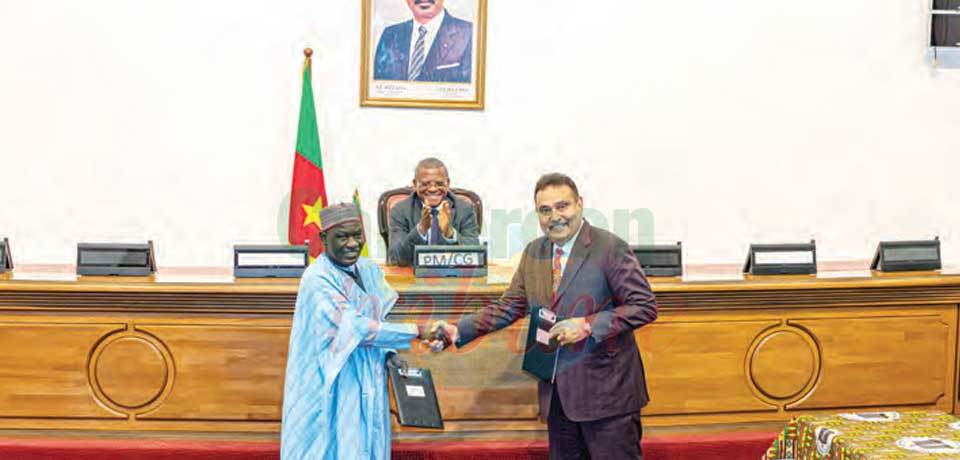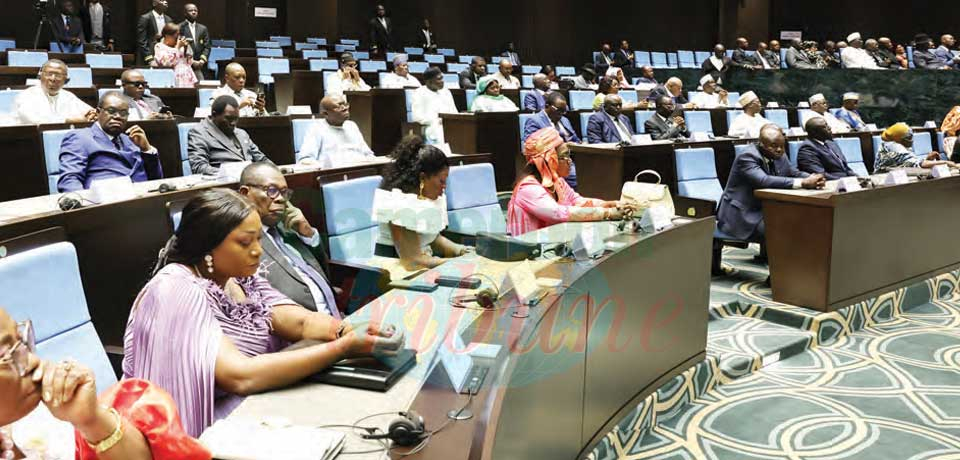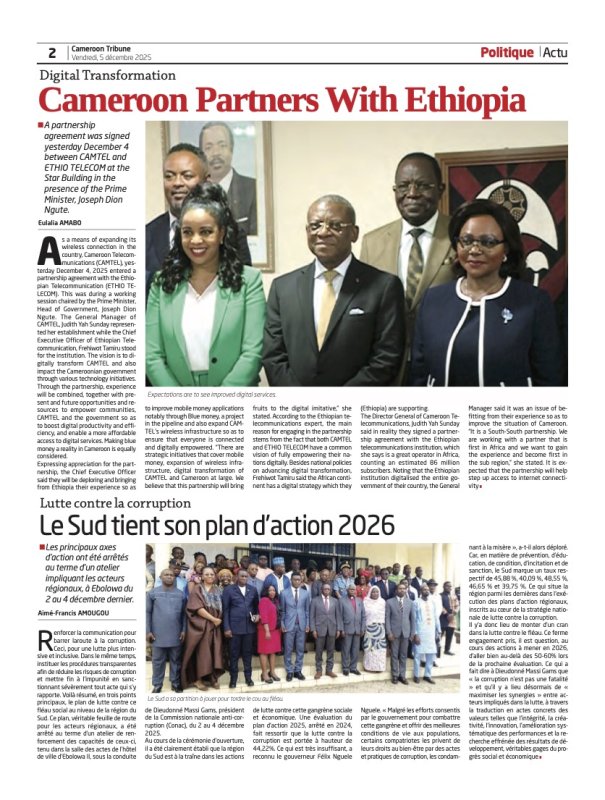Collective Duty!
- Par Godlove BAINKONG
- 02 Aug 2022 12:34
- 0 Likes
Bilingualism in Cameroon which is a Constitutional provision; implying that English and French are the two official languages with equal status, is an asset that should be jealously upheld looking at its merits. Being able to express one’s self in the two official languages presents a boulevard of opportunities in and out of the country, more than people can imagine.
It is an open secret that bilingualism is a praiseworthy strategy to hold political and social integration intact and a strong uniting force for Cameroonians especially with the multicultural nature of the country; greatly envied by countries within and without Africa.
To say the least, Cameroonians who have journeyed out of the country can testify how honoured they felt sailing through with little or no hitches just because they understood what was said in English or French; some of the widely used languages in most fora. Some of the compatriots even transformed themselves into interpreters and translators and were certainly hailed by their peers from other countries who do not have the opportunity to be bilingual.
What however remains disturbing is that irrespective of the tried and tested multifaceted advantages bilingualism offers, some citizens still behave as if promoting the culture in a fair and decent manner would be doing favour to someone. Why is bilingualism still seen by some as a stone hung on their neck that can and should be removed where and when possible? Why would an asset, jealously sought for by some, be treated with near disdain by others?
Come to think of it, there are administrations in the country where having approved documents in the two official languages is still optional. Either the documents are first published in one official language before seeking to translate into the other language thereafter or not even translated at all. In some of the administrations, what is served the public as one of the languages in the translation is completely everything than the concerned language. This is disappointing; in fact, utterly misleading and shows how much little or no care is given the two official languages which constitutionally have the same status.
Curiously, almost all administrations have Translation Units which should normally ensure that any document coming out is in the two official languages and more so with contents that respect all the standards of English and French. How the various units work, who heads them and the rapport they have with the administrations leave one with the impression that t...
Cet article complet est réservé aux abonnés
Déjà abonné ? Identifiez-vous >
Accédez en illimité à Cameroon Tribune Digital à partir de 26250 FCFA
Je M'abonne1 minute suffit pour vous abonner à Cameroon Tribune Digital !
- Votre numéro spécial cameroon-tribune en version numérique
- Des encarts
- Des appels d'offres exclusives
- D'avant-première (accès 24h avant la publication)
- Des éditions consultables sur tous supports (smartphone, tablettes, PC)














Commentaires